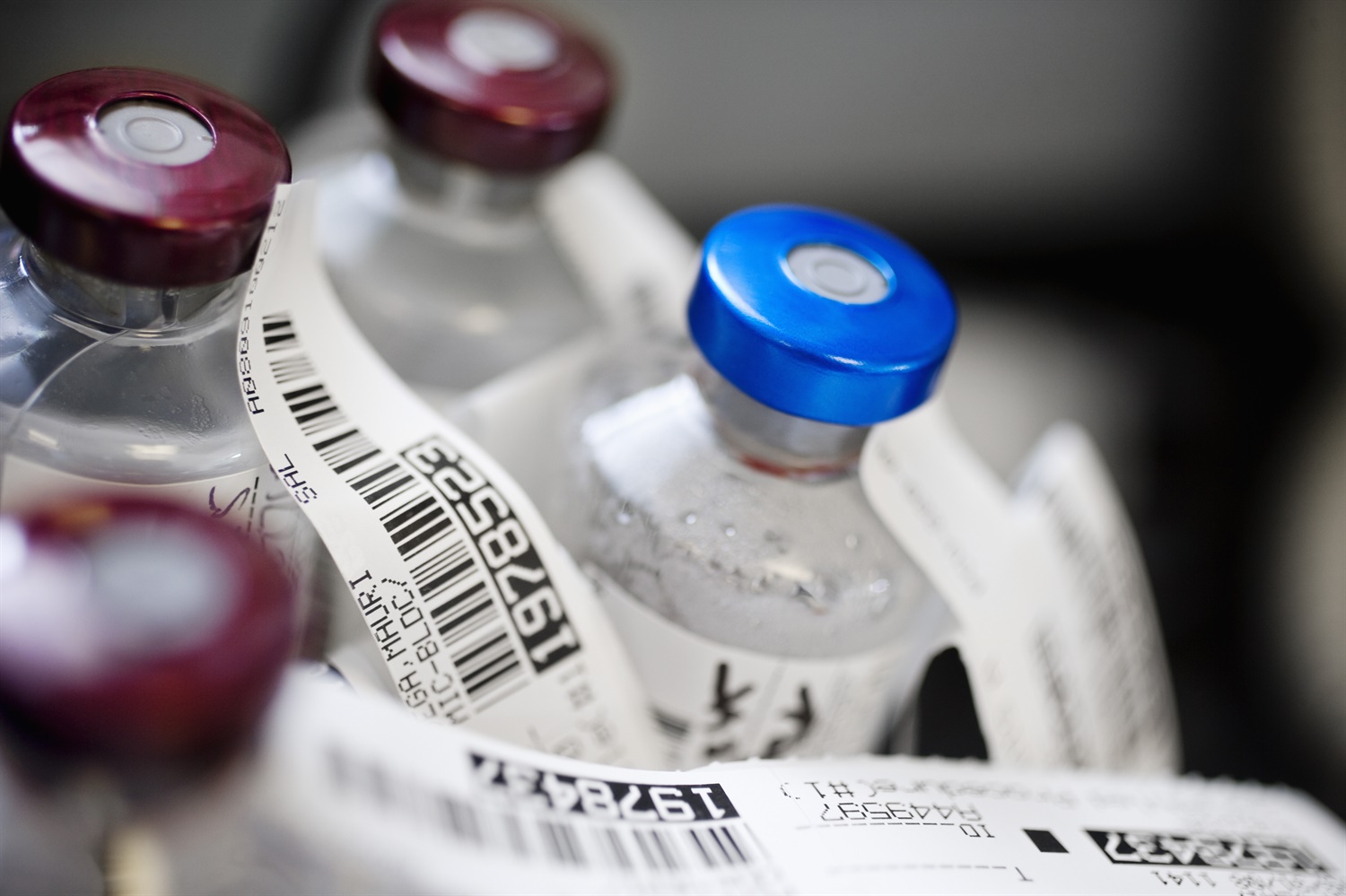01.10.15
How the MHRA is improving traceability, efficiency and safety using unique device identification
Source: NHE Sep/Oct 15
Andy Crosbie, head of Biosciences and Implants at the MHRA, discusses how the organisation has started to use Unique Device Identification based on GS1 standards in healthcare recalls.
Patient safety is at the forefront of all that we do at the Medicines and Healthcare products Regulatory Agency (MHRA) and we’re always working to see what more we can do, and how we can improve, to ensure medicines and medical devices are as safe as possible.
Since 2013 we have been working with the Department of Health to improve procurement processes in the NHS with the aim of freeing up money and resources in support of frontline care.
In order to do this, the NHS will soon adopt GS1 standards for products (including medicines and medical devices), patient identification (using barcoded patient wristbands) and locations in order to improve purchasing efficiency, control of supply chains within hospitals and patient safety. GS1 standards are also one of the main systems being adopted worldwide for Unique Device Identification (UDI), and in support of the eProcurement programme MHRA has started to use UDIs based on GS1 standards in healthcare recalls.
Barcodes based on the GS1 standards can be read at any point in the healthcare supply chain so that a product subject to a safety alert can be quickly located and recalled.

Using a UDI system based on GS1 standards significantly enhances the post-market safety of medical devices by improving reporting and monitoring, targeting recalls, reducing medical errors and fighting counterfeit devices.
Sharing information across the supply chain allows a single entry for a medical device’s data – manufacturers, suppliers and healthcare providers can exchange information seamlessly. This is especially useful for implant registries and for product safety recalls.
Since October 2013, all patient wristbands used in the NHS have had to include a GS1 DataMatrix barcode containing at least the following patient information:
- NHS Number
- First Name & Last Name
- Date of Birth
When combining the unique identification of patients with the unique identification of healthcare products, it means that every procedure, product, or implant for every patient can be directly attributed to them and recorded on their electronic record, giving complete end-to-end traceability all the way from manufacturers to patients.
Patients can have peace of mind knowing their implants are immediately identifiable and connected to their personal records. Additionally, healthcare professionals can identify quickly which patients are affected, should a safety concern arise with a particular device.
While UDIs present a major opportunity to improve healthcare recalls, they will also help to reduce counterfeit products within the healthcare system, by making it easier to identify products which have not been supplied via the legitimate supply chain.
UDIs will be phased in according to device risk, with lifesaving and life sustaining devices being fully UDI-compliant first. By 2020, providers of NHS-funded healthcare, including the independent sector, must be able to electronically track and trace individual medicines and medical devices to a specific patient.
New regulations for medical devices are currently under negotiation in Europe. These will supersede existing medical device directives and will require UDI for all devices sold in Europe with phased implementation beginning in the next few years. With early implementation of GS1 standards, the NHS in England will be ahead of the curve.
Earlier this year, MHRA informed the health services about a medical product recall using GS1 UDIs. This was a significant milestone for the healthcare industry and set the scene for how important patient safety information like recalls will be communicated to patients and healthcare professionals alike in the future.
Tell us what you think – have your say below or email [email protected]